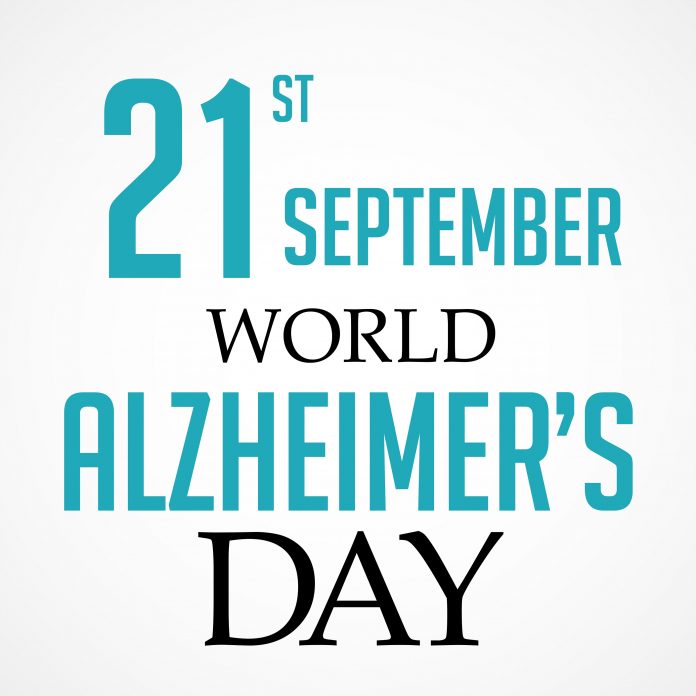Memory Loss and Confusion
One of the most common signs of Alzheimer’s is memory loss, usually of recent events. Someone with Alzheimer’s may forget important dates or events. They may ask for the same information over and over. People with Alzheimer’s frequently lose track of dates and the passage of time. Sometimes they forget where they are or how they got there.
Difficulty Completing Normal Tasks or Solving Problems
Some people may no longer be able to make and follow a plan or work with numbers. They may have trouble following a familiar recipe or keeping track of their bills. They may not be able to concentrate and will also take much longer to do things than they did before.
People with Alzheimer’s often find it hard to complete tasks. Sometimes people have trouble driving to a familiar location, managing a budget or remembering the rules of a favorite game.
Difficulty in Understanding Words, Images or Writing
For some people, deteriorating eyesight is a sign of Alzheimer’s. They may have difficulty reading, judging distance and determining color, which may cause problems with driving.
People with Alzheimer’s may have trouble following a conversation. They may stop in the middle of a conversation or they may repeat themselves. They may have problems finding the right word or call things by the wrong name.
Misplacing Things and Getting Lost
A person with Alzheimer’s disease may put things in unusual places. They may lose things and be unable to find them. They may accuse others of stealing.
Personality Changes and Withdrawal From Activities
A person with Alzheimer’s may start to lose interest in their hobbies or social activities. They may have trouble keeping up with their favourite sports or hobbies. They may also avoid being social because of the changes they have experienced.
The moods and personalities of people with Alzheimer’s can change. They can become confused, suspicious, depressed, fearful or anxious. They may be easily upset at home, at work, with friends or in places where they are out of their comfort zone.
If you notice these symptoms in a family member and they happen often and are increasing, bring them to their family physician. There are now medications to help slow down the onset and development of severe Alzheimer’s symptoms.
This article is intended for information purposes. If you or a loved one are experiencing any symptoms mentioned in this article, please talk to your health practitioner as soon as possible.























